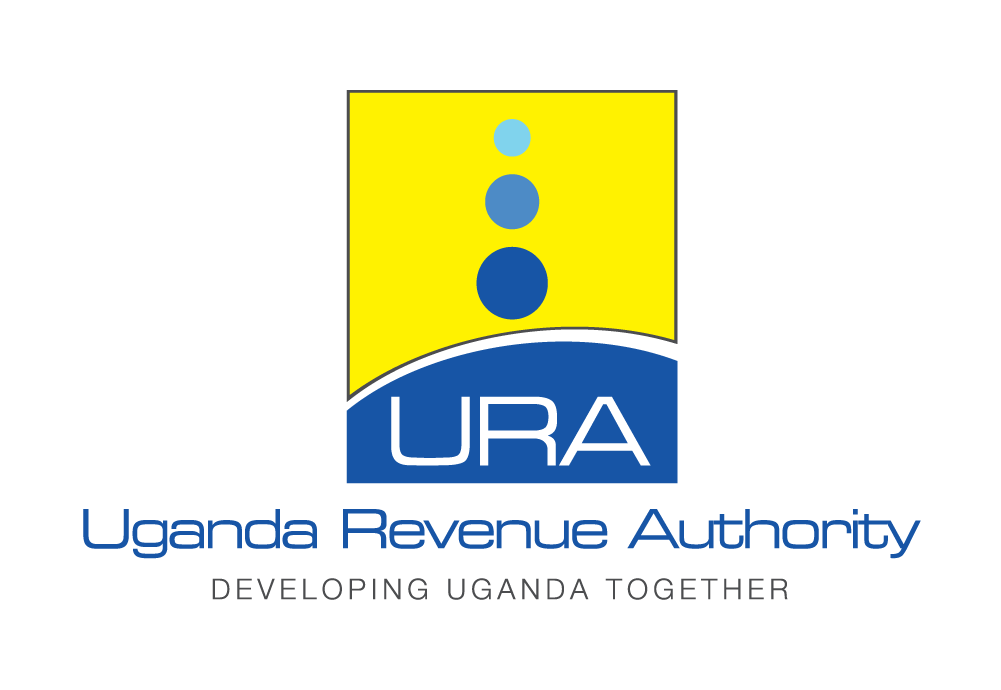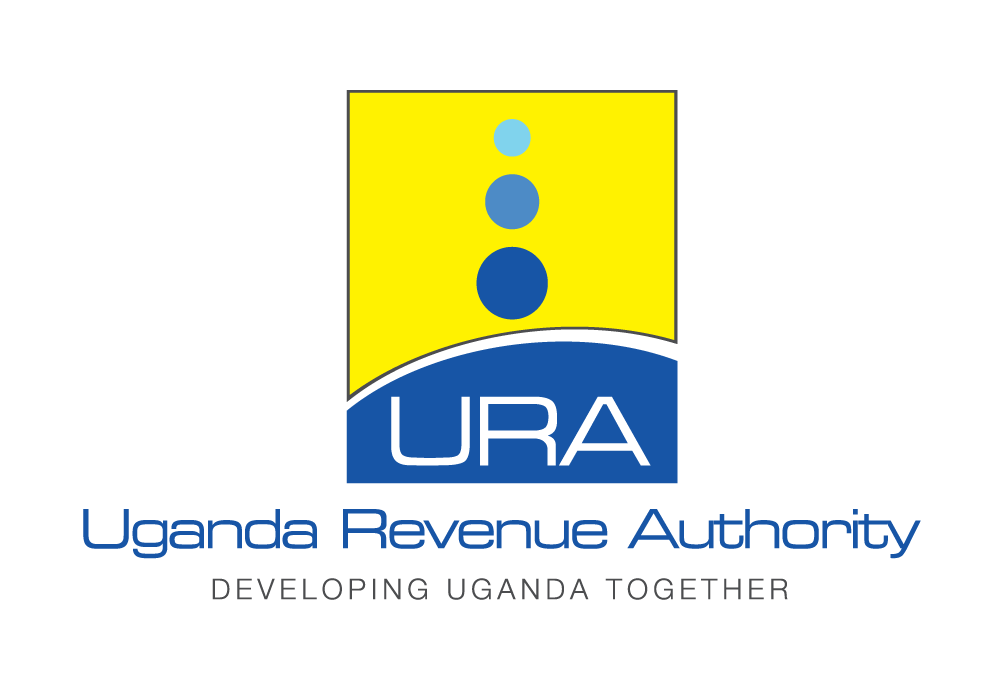- Home
- A GUIDE ON HOW TO APPLY FOR THE INSTALMENT PAYMENT OF URA TAXES.
This is a guide on how to apply for the installment payment of URA taxes.
Any person who resides in Uganda and has imported a Motor vehicle and / or general goods.
• Tax identification Number
• Permanent place of abode / business areas
• National Identification
The first step is, the applicant writes a letter to Commissioner Customs department requesting to pay for URA Taxes in instalment and attaches copies of the relevant supporting documents. These include the following; Bill of lading / Airway bill, commercial invoice, exporting certificate, Contact telephone number and a valid email address.
NB: He or She delivers the hand-written letter to the Central Records Office located on the upper ground / reception at the Uganda Revenue Authority Tower.
The records officer will acknowledge receipt of the said letter by stamping it and gives a copy of the stamped letter to the applicant. He or she will be advised to wait for a response from Commissioner Customs.
The letter will be forwarded to the office of Commissioner Customs for processing.
Note:
Tax Identification Numbers for all applicants of instalment’s payment of taxes will undergo a compliance review check i.e. for Commissioner Customs to first establish the applicant’s compliance with Uganda Revenue Authority before the application can be processed.
Once the application has passed the compliance review check, CCD will write an acceptance letter to the applicant, which will be communicated via his or her email. Then the application letter will be forwarded to CBA division for processing.
On receipt of the application, Supervisor Arrears Management will notify the applicant and advise him or her to appoint a licensed Customs Clearing agent.
The customs clearing agent will lodge and submit an online Tax work sheet to the Customs Document Processing Centre (DPC) using the URA Touch Point.
NB: The clearing agent will be required to attach the acceptance letter from Commissioner Customs to the tax work sheet.
This refers to the breakdown of the amount / Tax details that the applicant is supposed to pay.
The DPC will then compute the due taxes of the imported item based on the submitted supporting documents and summarize it into a Tax Work sheet and forward to CBA for them to process the instalment payments schedule.
CBA will advise the clearing agent to pick the payment schedule and take it to the Debt collection unit (DCU) to prepare a Memorandum of Understanding.
DCU on the receipt of the payment schedule will prepare the Memorandum of Understanding for instalment payment of taxes to be signed between the applicant and URA. The applicant will be advised to pay the first instalment (a down payment for the taxes due) and then sign-off the MOU with URA
MOU REQUIREMENTS FOR COMPANIES
1. Post dated cheques
2. Stamp duty receipt ugx 30,000
3. Contact and proper location of the taxpayer
4. Photo-copy of company form 7 or pattern ship deed
5. Photo-copy of directors’ identity cards
6. one passport photo for the director
7. a witness to the agreement should be provided
8. Should have a company seal or stamp plus the respective signatories as you come to sign the MOU
9. FOR a TAX LIABILITY EXCEEDING UGX 100 MILLION SHILLINGS, THE TAX PAYER IS REQUIRED TO DEPOSIT ADDITIONAL SECURITY i.e. LAND TITLE, INSURANCE BOND, BANK GUARANTEE OR LOG BOOK.
MOU REQUIREMENTS FOR INDIVIDUALS
1. Post Dated Cheques
2. Stamp Duty Receipt Ugx 30,000
3. Contact and proper Location of The Taxpayer
4. Photocopy of the Taxpayers’ Identity Cards
5. One Passport Photo for The Taxpayer
6. A Guarantor to the Agreement should be provided
7. FOR TAX LIABILITY EXCEEDING UGX 100 MILLION SHILLINGS, THE TAX PAYER IS REQUIRED TO DEPOSIT ADDITIONAL SECURITY i.e. LAND TITLE, INSURANCE BOND, BANK GUARANTEE OR LOG BOOK.
8. FOR CUSTOMS CASES THE TAXPAYER SHOULD PROVIDE HIS/HER ORIGINAL PASSPORT TO BE KEPT AS SECURITY.
After signing the MOU, the clearing agent captures a customs declaration That Customs URA will used to release the imported goods / motor vehicle to the applicant.
The applicant will continue paying the remaining instalments until the outstanding tax liability has been fully cleared.



